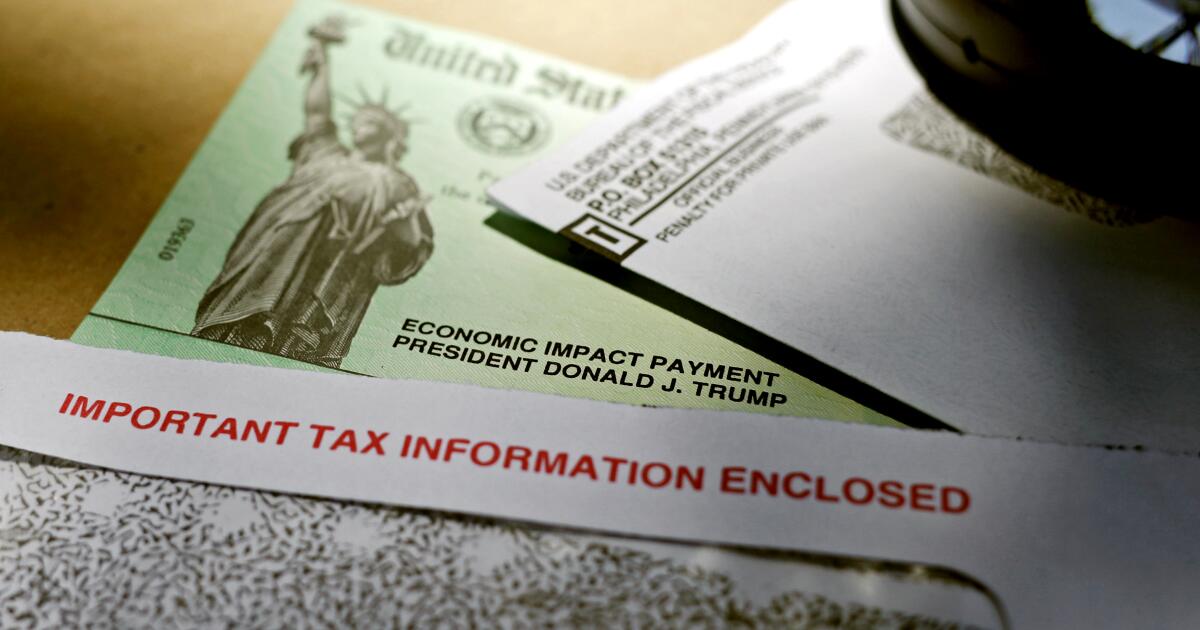Utah Rep. John Curtis holds a 34-percentage-point lead over his Democratic opponent, Caroline Gleich, in the race to replace Sen. Mitt Romney, according to a new Deseret News/Hinckley Institute of Politics poll conducted by HarrisX.
In a head-to-head poll, 56% of registered Utah voters said they would support Curtis, a Republican representing Utah’s 3rd Congressional District; 22% said they would vote for Gleich, the Democratic nominee; and another 22% said they didn’t know who they would vote for, the poll found.
When undecided voters were asked who they would vote for if the election were held today, Curtis’ lead over Gleich increased to 71 percent to 29 percent. That 40-point advantage remained constant when voters were given the option to vote for American independent Carlton Bowen.
“We are grateful to see the strong support from Utahns across the state,” said Curtis Chief of Staff Corey Norman. “They know John and his ability to get things done and protect Utah values. We look forward to working hard to share John’s message of how he will continue to advocate for Utah in the U.S. Senate.”
The poll was conducted Aug. 2-9 among 800 registered voters in Utah by HarrisX. The margin of error for the sample is +/- 3.5 percentage points.
A unique election
These results are very close to those of the last Senate elections in the Beehive State, which pitted a Democrat against a Republican. In 2018, Romney beat his opponent, Jenny Wilson, 63% to 40%. In 2016, Sen. Mike Lee beat Democratic candidate Misty Snow, 68% to 27%.
Lee’s 2022 reelection bid featured a showdown with independent Evan McMullin, which saw the senator win by a narrower 53% to 43% margin. Utah Democrats did not run a Senate candidate in the general election that year.
“A U.S. Senate vacancy is a rare occurrence in Utah, leading to a highly competitive primary and an exciting race to watch in the general election,” said Jason Perry, director of the University of Utah’s Hinckley Institute of Politics. “John Curtis continues to be the clear front-runner, bolstered by his strong name recognition and a record of public service that resonates with voters. His approach to addressing Utah’s unique challenges also continues to enhance his popularity with the electorate.”
In a statement, Gleich said his candidacy had seen a surge of enthusiasm that was not reflected in the poll. Gleich framed the race as a choice between an ordinary Utah citizen concerned about “Utah families, our freedom and our future” and a “career politician.”
“Since entering the race in January, I have been thrilled to see the overwhelming support we have received from Utahns who are looking for a leader who will stand up for an economy that works for all, for clean air and for reproductive freedom,” Gleich said. “Although John Curtis runs as a moderate, he votes with Donald Trump 94 percent of the time and has an 88 percent approval rating from the Heritage Foundation, the authors of the 2025 Project.”
Curtis won his highly contested primary by a landslide after campaigning on what he called “Utah values.” Facing Riverton Mayor Trent Staggs, former Utah House Speaker Brad Wilson and Moxie Pest Control CEO Jason Walton, Curtis came within 1.5 percentage points of winning an outright majority of Republican primary voters.
During the campaign, Curtis sought to distinguish himself from the rest of the field by drawing on his experience in Congress as one of the state’s most productive and accessible lawmakers. He highlighted his accomplishments in changing the narrative on energy policy, transferring historic acreage of federal land to Utah, taking a tough stance on Chinese aggression and rejecting budget recommendations from both Democratic and Republican administrations.
Curtis has been criticized by other primary candidates for his lucrative stock market dealings while in office and for the amount of outside money his candidacy has attracted to the race.
Gleich and Curtis on climate issues
During his seven years in Congress, Curtis spearheaded the founding of the Conservative Climate Caucus, led Republican delegations to the United Nations climate conference, hosted multiple climate summits in the state, and championed nuclear energy innovation.
Gleich, a prominent athlete and environmental activist, also promotes a climate priority, but from a decidedly liberal angle. Over the past decade, Gleich has lobbied congressional lawmakers on “clean energy bills,” including the massive inflation-reduction bill, and reportedly supports “systemic” investments to overhaul the energy grid, public transportation, and electric vehicle infrastructure. And unlike Curtis, Gleich favors expanded access to abortion and a higher federal minimum wage.
In the three-way race that will appear on Utah voters’ ballots, Curtis has the support of 79% of Republicans, 12% of Democrats and 40% of independents. Gleich currently has the support of 73% of Democrats, 6% of Republicans and 26% of independents. Bowen has less than 10% of each group. About 10% of Republicans and Democrats remain undecided, while nearly 20% of independents are unsure who they will support on Nov. 5.
Dritan Nesho, CEO of HarrisX, said that “barring any unforeseen circumstances or surprises,” Curtis — and Utah Gov. Spencer Cox, who is running against Democratic state Rep. Brian King — “both have a good chance of winning.” A new Deseret News poll shows Cox with a significant lead over his Democratic opponent.
“At this point, there are simply not enough swing voters to prevent Cox from winning the governorship or Curtis from winning the Senate,” he said.

